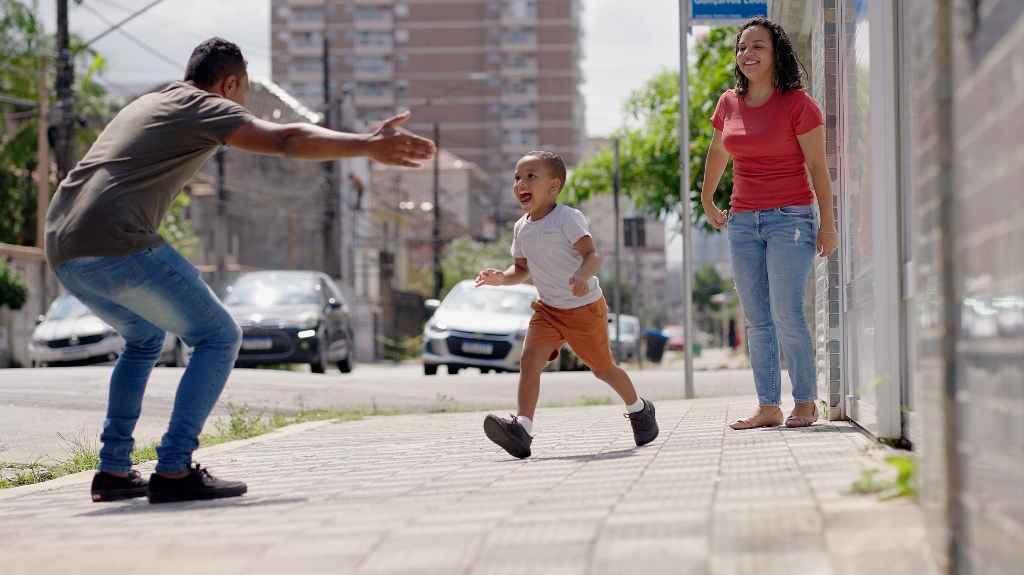
When a parent has to relocate, that can cause issues with child custody agreements, especially if the parent has to move a distance from the child’s current home. How does the impact of relocation on child custody agreements in Mentor, Ohio affect parents?
Let’s look at how the courts prioritize the child’s best interests, the potential effects of relocation, and what to do if you need to move.
Child Custody Laws in Ohio
Under the Ohio Revised Code Section 3109, the laws stipulate all the factors that go into determining child custody. Like other states, Ohio focuses on the best interests of the child. The judge will look at many factors, such as:
- The child’s relationship with each parent
- The stability of the home environment
- Each parent’s ability to meet the child’s needs
As you may know, there are two types of custody arrangements: physical and legal. Physical custody determines where the child lives, while legal custody pertains to the right to make important decisions about the child’s upbringing, such as education, religion, and healthcare.
These can be shared between both parents, or awarded to a sole parent. When one parent has to move, that can complicate these arrangements. What happens during this situation?
Relocation and Child Custody Agreements
Life is full of changes. Sometimes, that means moving for new job opportunities, the need for family support, or better educational prospects. However, when a custodial parent needs to relocate, they must adhere to specific legal requirements.
Ohio law requires the relocating parent must notify the other person. Most of the time, this can be handled through a formal notice filed with the court. With that, the non-custodial parent has a right to object to the relocation. If that happens, there could be a court hearing to determine whether the move is in the child’s best interests.
There are a few outcomes that could happen. For example, the court may approve the move. However, there will be a modification to the existing custody arrangement to accommodate the new circumstances. This might happen by altering visitation schedules or adjusting child support obligations.
In some cases, the court might deny the relocation request. This can happen when the move severely harms the child’s relationship with the non-custodial parent or disrupts their stability.
What Does the Court Consider in These Cases?
When it comes to a relocation request, the court will always make decisions based on the child’s best interests. With that, they will consider the potential impact of the child’s relationship with both parents. Also, the move cannot create an unstable environment for the child. There must be some continuity in their home life, school, and community. If the relocation threatens to disrupt these aspects, then it could be viewed unfavorably by the court.
Additionally, the parent’s motivation for relocating is examined. If the court believes the move is pursued in good faith, such as for a legitimate job offer, it may be more likely to approve the request. On the other hand, if the court suspects this action is a way to limit the other parent’s access to the child, the request may be denied.
Learn More About Moving and Child Custody Agreements in Ohio
What is the impact of relocation on child custody agreements in Mentor, Ohio? These decisions carry a significant weight in the courts. Any relocation could lead to a disruption in a child’s life. For that reason, courts will analyze several factors to reach a decision that reflects the child’s best interests.
If you need to move or are planning a long-distance relocation, contact an experienced family law attorney at Axelrod Law Office in Lake County, OH. Call our office at (440) 271-8126 or submit a contact form to schedule a free, confidential legal consultation.